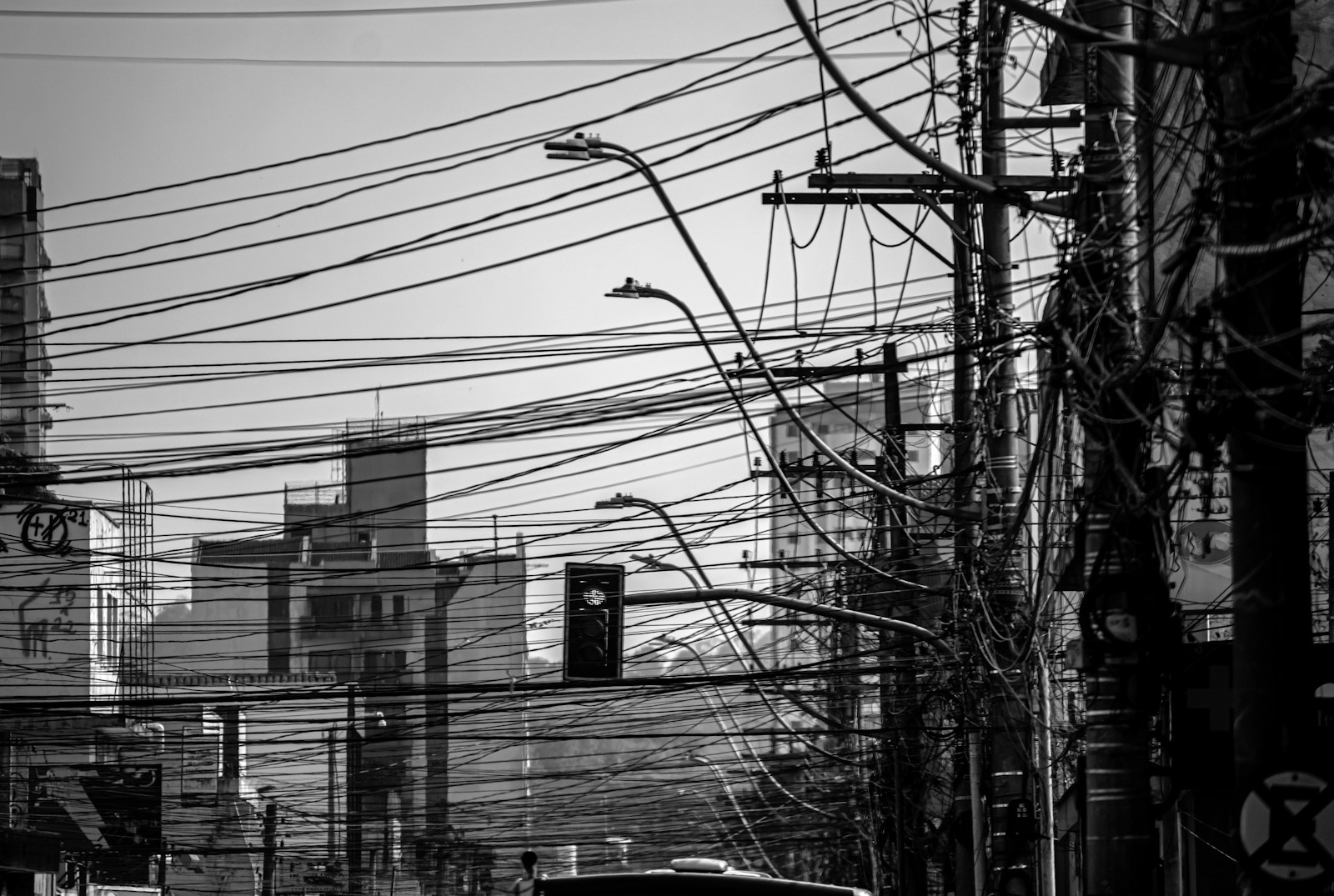
混乱
hùnluàn

mess
The Chinese word '混乱' refers to a state of disorder or confusion, quite similar to the English word 'mess'. It can be used to describe both tangible situations like a messy room, or more abstract situations like a messy situation or a confused mind.
Example sentences using: 混乱
我的生活完全混乱。
Wǒ de shēnghuó wánquán hùnluàn.

My life is totally chaotic.
This sentence is expressing a situation where the speaker's life is completely unorganized and chaotic.
这场比赛混乱无序。
Zhè chǎng bǐsài hùnluàn wúxù.

This match is chaotic and disorganized.
The speaker uses this sentence to describe a match that has no order and is very chaotic.
混乱的交通使我迟到了。
Hùnluàn de jiāotōng shǐ wǒ chídào le.

Chaotic traffic made me late.
This sentence shows that heavy and chaotic traffic has caused the speaker to be late.
他的书桌一片混乱。
Tā de shūzhuō yī piàn hùnluàn.

His desk is a mess.
Here, the phrase is used to describe the state of a messy, unorganized desk.
混乱的政治局势使得国民生活困苦。
Hùnluàn de zhèngzhì júshì shǐdé guómín shēnghuó kùn kǔ.

The chaotic political situation makes the lives of the people difficult.
This sentence illustrates how a chaotic political situation is causing hardship for ordinary people.
全班陷入一片混乱。
Quán bān xiànrù yīpiàn hùnluàn.

The whole class is in chaos.
The speaker is depicting that the entire class is in a state of chaos.
混乱的经济使我们失业了。
Hùnluàn de jīngjì shǐ wǒmen shīyèle.

The chaotic economy made us unemployed.
This sentence indicates that a chaotic economy has resulted in the speaker and others losing their jobs.
战争使这个国家混乱。
Zhànzhēng shǐ zhège guójiā hùnluàn.

War has thrown this country into chaos.
In this sentence, it states that war has caused chaos and disorder in a country.
混乱的气候正在影响我们的农作物。
Hùnluàn de qìhòu zhèngzài yǐngxiǎng wǒmen de nóng zuòwù.

The chaotic weather is affecting our crops.
This sentence tells us that chaotic weather is having an impact on agriculture, in particular, the speakers’ crops.
混乱的情况让我不知所措。
Hùnluàn de qíngkuàng ràng wǒ bù zhī suǒ cuò.

The chaotic situation leaves me at a loss.
The phrase is expressing the speaker's confusion and helplessness amidst a chaotic situation.